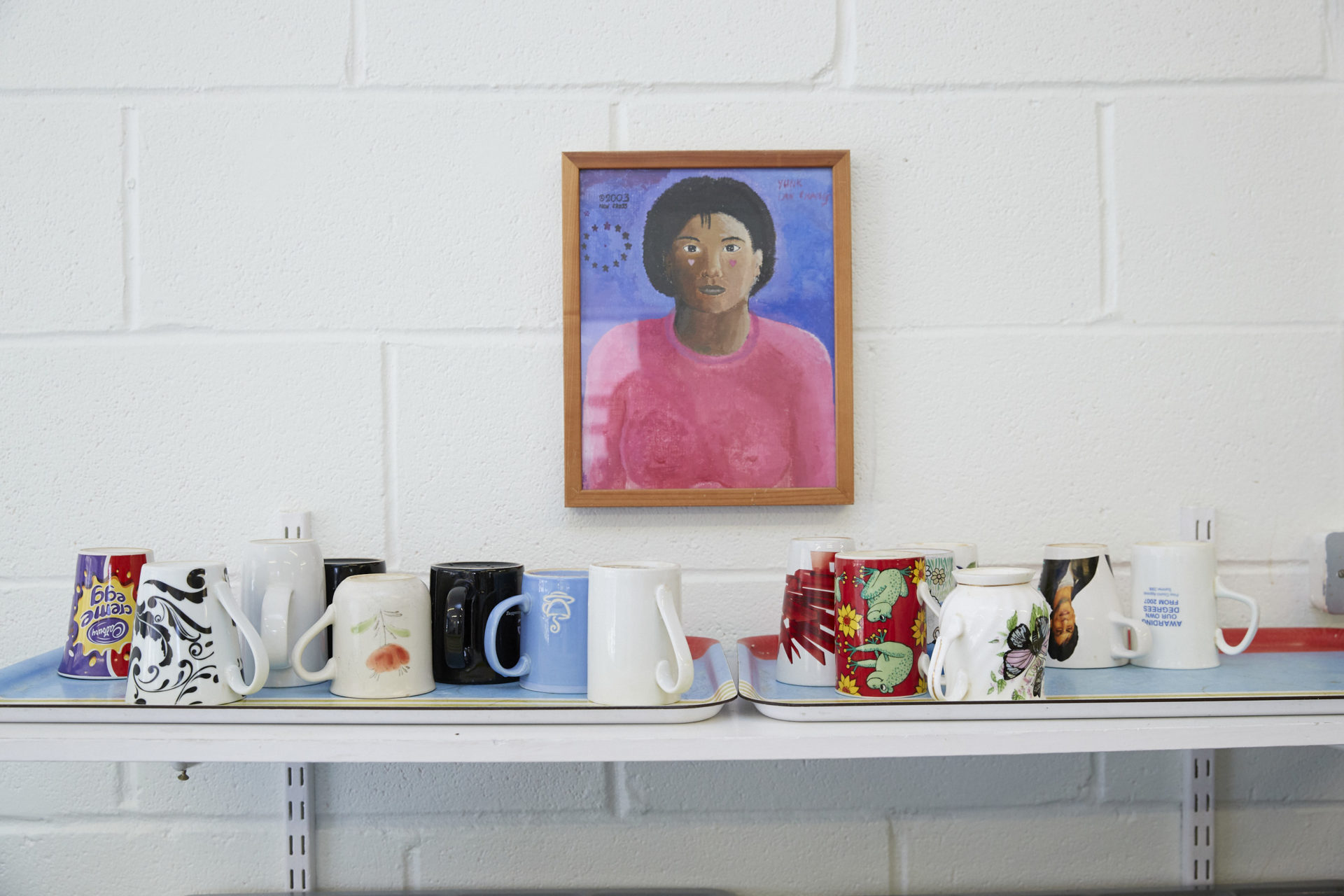International Women’s Day – Women’s Supported Housing
We speak to Anthony Donnelly, the Lead Worker of Thames Reach’s supported housing project for women in Lambeth

Anthony Donnelly is Lead Worker at Camberwell New Road, a satellite service for the Waterloo Project, a supported housing scheme to accommodate five homeless or vulnerable women at a time in Lambeth in a shared house. Staff work with the residents to help them engage with services and maintain positive lifestyle changes especially in relation to substance issues, such as drug and alcohol misuse. We spoke to him about his women’s-only service.
What do you find are the recurring reasons for women’s homelessness?
I’m not sure the reasons differ from men’s experience of homelessness that much, overall. I’d say that early trauma, family breakdown, lack of education (and therefore limited routes into employment), leaving care, addiction issues, a lack of affordable and decent accommodation, and poor mental wellbeing, all contribute to women becoming homeless.
However, specific issues which women face, that may lead to them becoming homeless, include fleeing domestic abuse or trafficking gangs.
What support does Camberwell New Road [CNR] provide and what partnerships do you have with external services?
We’re mostly staffed Monday to Friday, one of the days over the weekend, and have a concierge who is here Thursday to Sunday. I support all the CNR residents and liaise with local services such as Ace of Clubs, Lorraine Hewitt House, Single Point Access, Gaia, Fulfilling lives, SHP [Single Homeless Project], Clearing House, SLAM [South London and Maudsley NHS Trust], Lambeth IPTT [Integrated Psychological Therapy Team], and Kings College Hospital. In terms of practical support, I arrange wake up calls, accompany residents to key appointments, signpost to local services and ensure telephone support from the Waterloo Project is provided to residents who need extra support when I’m not on site.
How long can residents stay at CNR, and where do they move on to?
Ideally, residents will spend no more than 18 months at CNR. The Private Rented Sector [PRS] is the main option open to CNR residents, as most of them do not have CHAIN numbers, thus meaning that they can’t access Clearing House properties.
What’s the most rewarding part of working with residents at CNR?
Since working here, I’ve supported women to move to independent accommodation and have worked with other women to get them ready for move on, who have now been accepted onto a PRS scheme. Alongside this, residents have engaged well with ETE [Education, Training, Employment] at the Employment Academy, and completed TRaVEL and MIMO courses. In terms of engaging with external agencies, one of the women at CNR was supported to engage with one-to-one therapy, and completed a 13-week course at the Lambeth Integrated Psychological Therapy Team [IPTT] service, and also volunteered at a local charity shop. Another resident has worked hard to become sober, and engaged with two trial programmes run from Lorraine Hewitt House [drug and alcohol rehabilitation services], one an opiate blocking injection trial, and the other a crack cessation trial.
Read more about Waterloo Project and Camberwell New Road through the link below.
